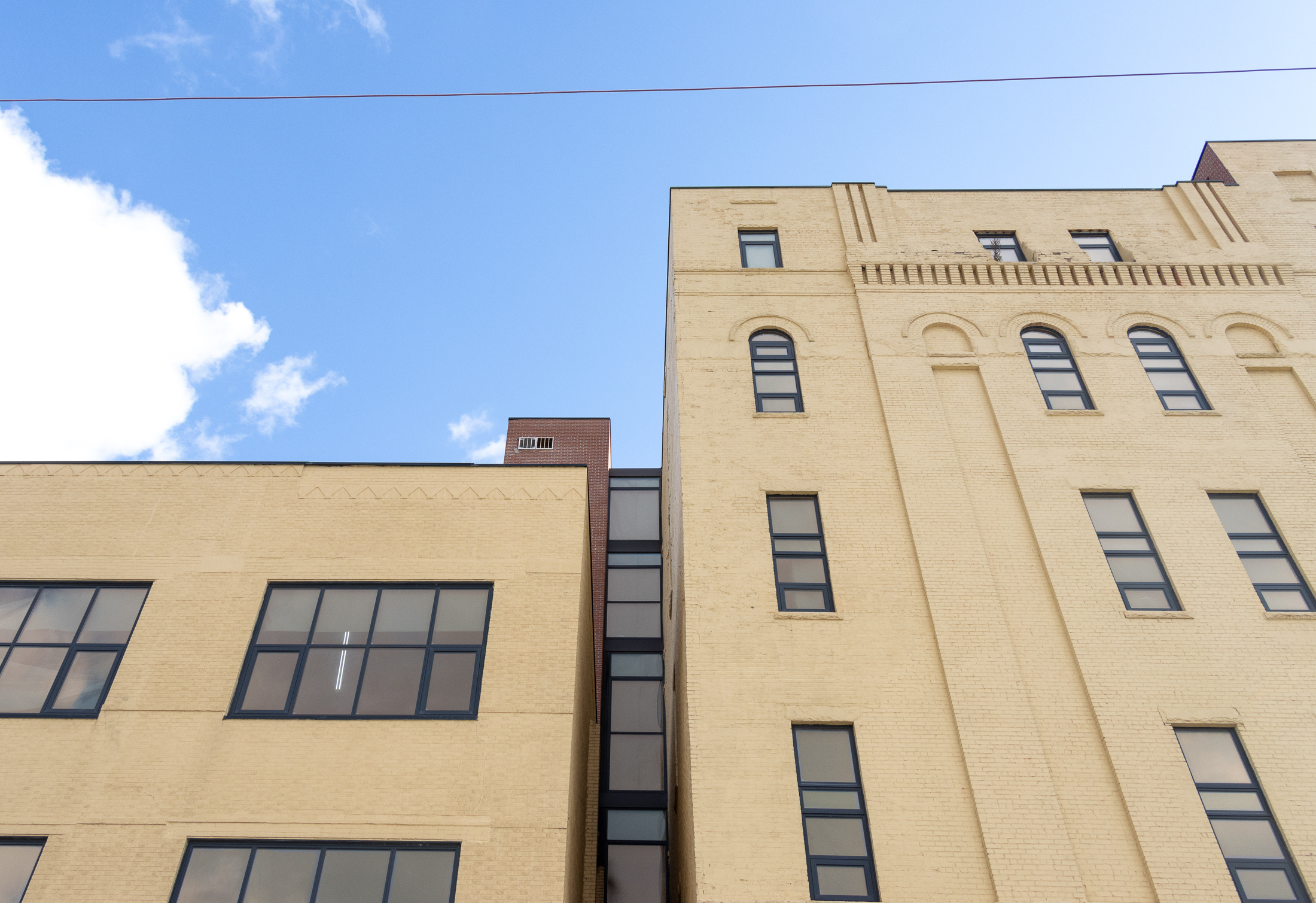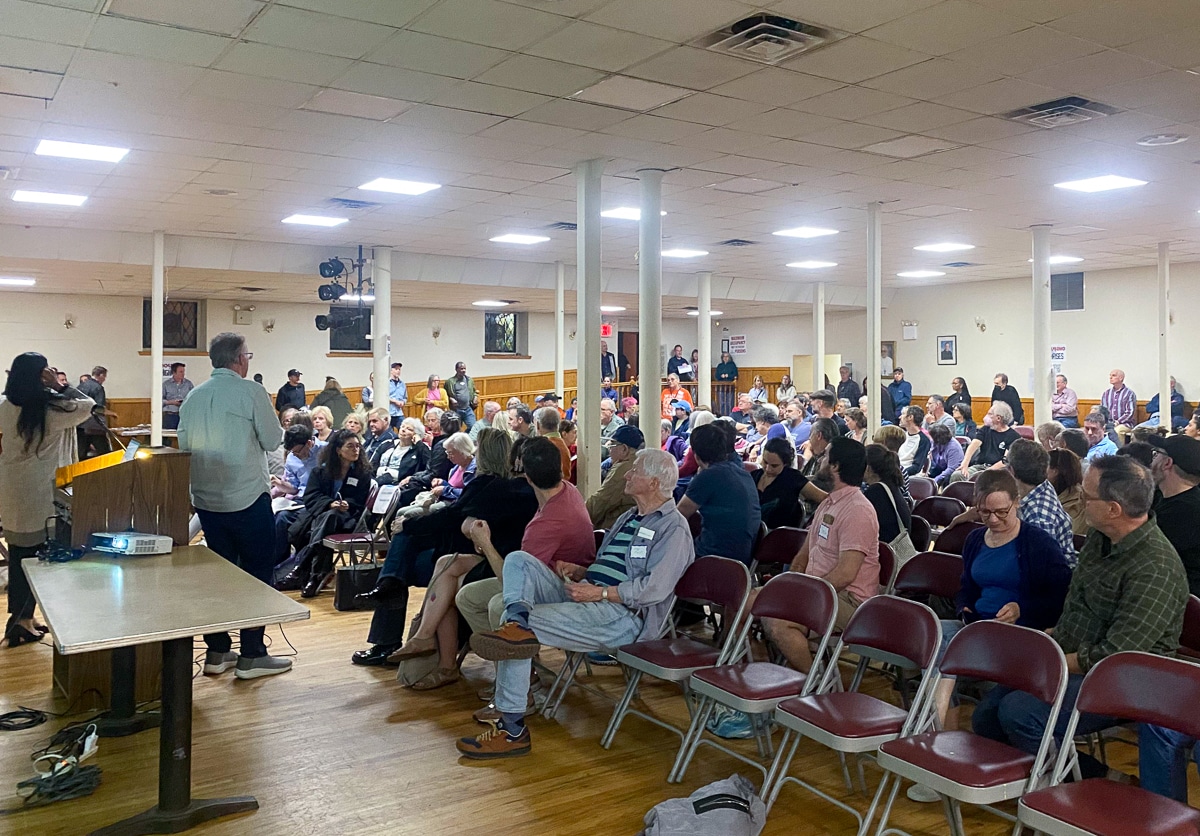Home Ownership Bad for Your Health
Perhaps those who feel desperate to own a home will take a pause after reading this article from Portfolio. “Homeownership is overrated and… it carries a downside as well as an upside,” they write, based on a study of health and happiness and home ownership among women. I find little evidence that homeowners are happier…

Perhaps those who feel desperate to own a home will take a pause after reading this article from Portfolio. “Homeownership is overrated and… it carries a downside as well as an upside,” they write, based on a study of health and happiness and home ownership among women.
I find little evidence that homeowners are happier by any of the following definitions: life satisfaction, overall mood, overall feeling, general moment-to-moment emotions (i.e., affect) and affect at home. Several factors might be at work: homeowners derive more pain (but no more joy) from both their home and their neighborhood. They are also more likely to be 12 pounds heavier, report lower health status and poorer sleep quality. They tend to spend less time on active leisure or with friends. The average homeowner reports less joy from love and relationships. She is also less likely to consider herself to enjoy being with people…
The great satisfaction from ownership, they say, comes when property values increase. Now that that’s less likely, and in many cases values are decreasing, why buy at all, when you can rent and be happy? “In fact, if Americans could be persuaded that rent payments aren’t ‘wasted money’ and that owning often makes less financial sense than renting, I think the rate of homeownership might, happily, drop substantially.”
Homeownership Makes You Fat and Unhappy [Portfolio]
Photo by TheTruthAbout.








FinanceGuy, curious on your opinion about rental income as a consideration. I basically cover my mortgage payment with rent from two market-rate units, and live in the third. Other expenses (heat, taxes, insurance) come to roughly the equivalent of what a floor-through would cost to rent in my neighborhood. So am I in a good situation, by your calculations? And does market-rate rent come down in down markets?
FinanceGuy is Shiller, clearly.
bxgirl: Of course rents go up when neighborhoods get trendy. Fashion is a real — current — improvement in quality of life for many people.
The difference between rents and sales, though, is that it is rare that renters are willing to pay more today because they think that rents are going to go up next year. Buyers, in contrast, often do that (or the reverse).
In the last several years NY prices went up because crime went down and BK became fashionable and people realized that cities are good places to live — that’s all reflected in the rents.
But PURCHASE prices also went up because people wanted to get in now before prices went up more. That’s a bubble: people paying more than they think the place is worth (to rent or live in) because they think they’ll be able to sell it to someone else for even more (or they’ll have to overpay even more if they wait). It leads to completely irrational prices. Eventually, though, somewhere around $3m for a Carroll Gardens special, even the irrationality ends, usually because the banks decide to stop financing.
(Bubbles can work in the other direction, as in the white flight years, when people sold at silly prices because they feared they’d get even sillier — eventually driving prices so low that in the late 60’s the City was paying people to take Upper West Side brownstones off their hands.)
We are at the end of the biggest bubble in US history. If you want to get an idea of where prices are likely to go, you need to look at something that is unaffected by the bubble. Rents are much less likely to be based on speculation about where rents are going, and much more likely to be based on how much people are making and how much they actually want to live in the neighborhood/apt right now.
Fair enough, z. I do get angry- and I am pretty strong about it oftimes. But look around- I haven’t been on the site in quite awhile but it seems the insults and attacks still fly on brownstoner. For the most part I get blindsided. I’ll post something on a thread and some one will respond in an insulting manner. I can tell you pretty specifically when it’s happened. I’ve been told I have squirrels in my brain for posting that I thought a working waterfront would be good for NYC, insulted for defending my neighborhood, put down for offering opinions on Admirals Row, told I know nothing for venturing an opinion on asbestos removal. For awhile I had a personal troll who went after me no matter if I simply said the sky is blue (actually so did Montrose Morris), although i think he’s gone. Its the one thing about brownstoner I never liked either.
I give as good as I get- but I won’t just go after someone for simply discussing issues. I tried explaining what bothered me so much about bailmeout’s comment- and that what I said had to do with his comment, not his character. i don’t know him- so his comment is all I have to speak to. Yet on this thread alone pierre snarks at DIBS, DIBS calls Whuh a fool, pitbull calls DIBS a home hog. Why take just me to task, I guess I’m asking.
But I will also take myself to task. Just because it goes on all over brownstoner, I don’t have to contribute to it. And thanks for taking the time to post to me. It’s appreciated and I take it to heart.
bxgrl: my comment about you was unduly snarky, and for that, i apologize. the point i could have made more diplomatically is that i have observed you not infrequently use insults and personal attacks to respond to comments you disagree with. your response to bailmeout2 was an example of that. i don’t like that sort of thing, but in pointing that out the way i did, i came across as insulting too, so that didn’t really accomplish much except put you on the defensive. i actually find you an engaging commenter for the most part, which makes your flashes of anger puzzling and disappointing.
Folks;
This is a really interesting discussion. I’d just like to add one more thing.
I’m in my early 50’s, and in my experience, one of the most damaging periods in US history was the high inflation of the 70’s, in that it led to distortions in the US economy that we are still grappling with.
As Finance Guy has pointed out, the purchase of a house is usually highly-leveraged, and the appreciation tends to go along the lines of replacement construction cost. As such, anyone who purchased a home in the 70’s or before looked like a genius. As an asset, home prices appreciated dramatically due to the high inflation of the 70’s. Moreover, your winnings were further turbocharged by the fact that you were now paying your mortgage with devalued money, once again thanks to inflation.
These dramatic gains led to a mentality that we are still dealing with: that home ownership is a sure-fire way to riches. When I first started out, I had the unfortunate experience of working in central Jersey. I reverse-commuted from Brooklyn. My colleagues at that time thought I was crazy for two reasons: a) I lived in Brooklyn and b) I rented my apartment. The culture there was that “you need to get in” on the housing market, no matter what the price. That mentality stayed with us to very recently. Perhaps one good that will come from this bubble collapse is that folks will look at the rent-versus-buy with a clearer mind, per Finance Guy’s advice.
I work for a Japanese company, and travel there often. Interestingly, they view home ownership much more along the lines that Finance Guy discusses. To a Japanese consumer, the only thing of lasting value is the land. They view the housing structure as just a depreciating asset, much as we would view a car. I think it is no mistake, therefore, that Japan has retained much more of its industrial infrastructure than us, as that is where they apply their capital.
If I were “king” of the US, one of the first things I would do is to phase out the mortgage interest deduction. This is nothing more than subsidy to overbloated housing consumption.
P.S. I’m not arguing that all real estate markets are like the Bay Area. I realize it’s unique.
Oh, and yes, you do pay interest, of course. But you do what you can to avert the risk of having to sell at a loss. You buy and hold. So if it works out, you get your money back. Whereas if you rent, you’re giving that same chunk of money to the landlord and helping her to pay off her interest.
And it’s true of course that other investments average an 8 to 10 percent return, but it never seems to work out this way. I’ve got various 401Ks, SEPs, index funds, what-not, and they just always seem to be the same size. The only people I know who made any money in the stock market were my grandparents buying blue-chips before the 60s. Whereas I know many people who became millionaires accidentally merely by virtue of happening to live in the Bay Area and needing to live with a roof over their heads. Those properties are still worth millions. They’ve barely gone down.
“Since renters are paying current prices for current services, not speculating on the future, rents are much more tied to real factors like actual quality of life right now, current incomes, transportation, fashions, lifestyles, crime rates, and so on.”
Really interesting post, financeguy. I’m not sure I totally agree with you that renters only pay based on current services though. If you’re renting from a homeowner who paid too much, you’ll be paying too much too, and I’ve also seen rents go up as a neighborhood- all other things staying the same- becomes trendy- the landlord sees dollar signs, the renter sees “cool neighborhood!”. We renters will also pay more for a place we fall in love with (lord knows I have on occasion) and because as consumers, we’ll fall for good marketing ploys as well.
But I may not be reading you right- are you actually referring to what renters are willing to pay for, not necessarily the rents being asked? Eg- what renters are willing to pay in a neighborhood like CH, as opposed to the actual level of rents being asked for in that neighborhood.